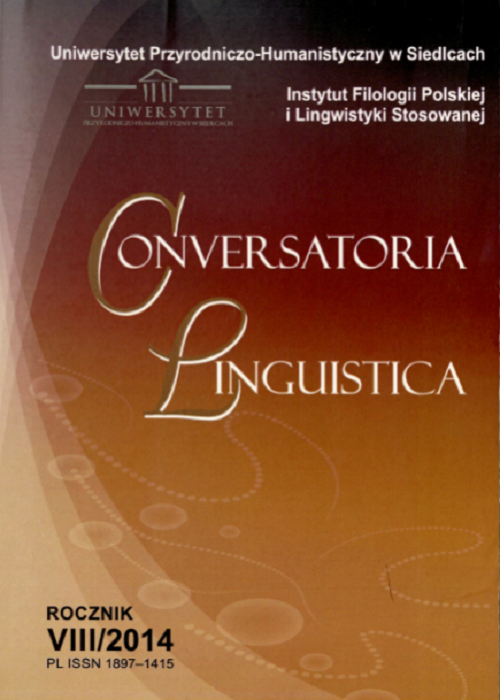(Nie)stosownie (nie)dosłowni rodzice. Czarny humor a konwencja mówienia o dziecku: intencje a odbiór
Słowa kluczowe:
language related to the child, black humour, catharsis, Internet discourseAbstrakt
The Author of the essay asks the following question: do parents have licentia rhetorica for talking about their experience? In her analysis she primarily focuses on an Internet magazine „Bachor. Bezradnik dla nieudacznych rodziców („Brat. Helpless-guide for looser–parents”) which represents a very particular way of talking about the child, a way which varies from parents’ standard linguistic behaviour. The Author traces the fragments which include intentionally created non–literality and subsequently proceeds to reconstruct the types of reception she observed. At the same time, the Author ponders on the reasons why some recipients resist the possibility of nonliteral reading or why they object to it – and, as a result, read messages literally. The considerations are presented in a broader perspective of the reflection upon the media motivated social and cultural transformations of rhetorical standards of talking about the child.




